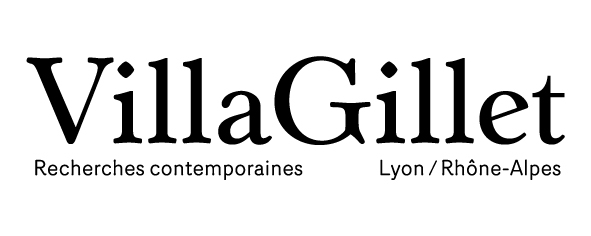Dana Spiotta: Disillusion
![[title-image]1332154761893[/title-image] Dana Spiotta © Jessica Marx](https://cle.ens-lyon.fr/anglais/images/d763c82c08_1442476882108-jpg)
A novelist and winner of several distinctions, including the famous Guggenheim fellowship, in Eat the document she reviews the life of Mary Whittaker, an anti-Vietnam activist in the 1970s who had to change identities. Dana Spiotta has written a symphonic novel about a United States that in 30 years has gone from fervent idealism to blatant cynicism, painting a subtle, powerful portrait of the decline of every kind of radicalism.
Les éditions Christian Bourgois publieront prochainement un recueil en français des textes écrits à l'occasion des assises du roman.
One of questions that was asked of the roundtable is this one: “How can you convey the revolution’s aftermath when the dream gives way to disillusion?” The subject of the “aftermath” or the “comedown” is very interesting to me as a writer. To me it is not only a political or social question, but it goes to the very heart of the given human terms. We are made to be idealists and made to be humbled. I do not despair about this, I think it is essential and fascinating. What moves me the most are acts of resistance in the face of inevitable disappointment. In my own work, for example, I have tried to think about a person like my artist character Nik, who appears to be a failure by conventional standards but still refuses to stop doing what he loves. He creates a world of his own, where his art is meaningful. He refuses the identity given to him by the culture. He resists. Or I have tried to think about someone like my character Nash: he was an anti-war revolutionary, he “lost,” but he still looks for the perfect act of resistance, something liberating in and of itself, regardless of outcome. I am fascinated by people who redefine success in the wake of an indifferent world. I don’t think of them as failures, I think of them as chagrined innocents. The gesture of rebellion keeps your soul intact, even if you know it will fail. Particularly if you know it will fail, maybe the gesture becomes even more meaningful. We act knowing that the revolution will disappoint, we fall in love knowing that love often diminishes, we make art knowing that most art languishes without an audience, just as we live with the certainty that we will all die. Yet we go on, we love, we make things, we fight back against giving up. This is what I like to write about, the quotidian day to day feel of a life in the face of these harsh terms. And I think it is important not to simplify characters, to resist cliché and to make them realistic, flawed people. My characters tend to make terrible mistakes in the name of a dream, and then they have to go on, day after day, make breakfast, have kids, watch TV, live. That post-life is very fruitful for a novelist. It is where sentient characters notice deep ironies. The post-life can be funny and it can be sad, and although it might not exactly yield hard truths, it may help us find some consolation.
As a writer, I don’t feel it is my job to be concerned with answers. I am finally more interested in questions of what it is like to be alive now. I focus on the forces that shape us (money, history, nationality, gender, geography, language, technology) and think about the human character within those very specific and particular contexts. What can fiction do? I try to describe the complexity of a time and a place, and I want to capture the moment in which people act and the consequences of those actions. I usually start with the language a character uses. I work to interrogate received ideas, the habits of language and thought that oppress and suppress us. I am especially interested in critiquing the way technology (outdated or brand new) shapes how we think and act and feel. To render life in its complexity is crucial to me. I see that kind of inquiry as subversive; I see it as counter cultural. The novel can challenge the velocity of the current moment: its rush and judgment, the commodification and reductions of corporate domination. It can fight back against the tendency to reduce everything to one thing only. It lives in multivalence, multiplicity, contradiction.
Pour citer cette ressource :
Dana Spiotta, Dana Spiotta: Disillusion, La Clé des Langues [en ligne], Lyon, ENS de LYON/DGESCO (ISSN 2107-7029), septembre 2015. Consulté le 11/02/2026. URL: https://cle.ens-lyon.fr/anglais/litterature/entretiens-et-textes-inedits/dana-spiotta-disillusion



 Activer le mode zen
Activer le mode zen

